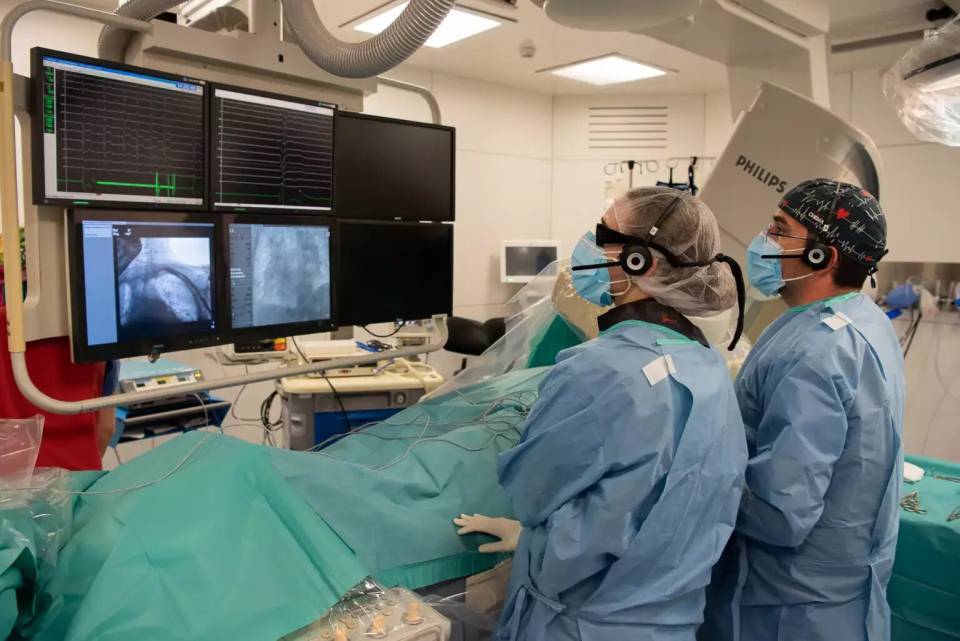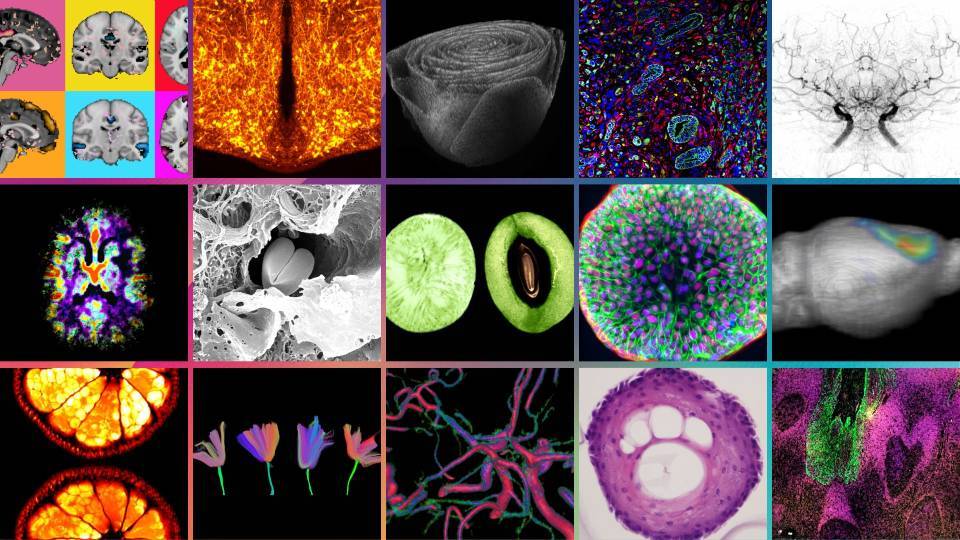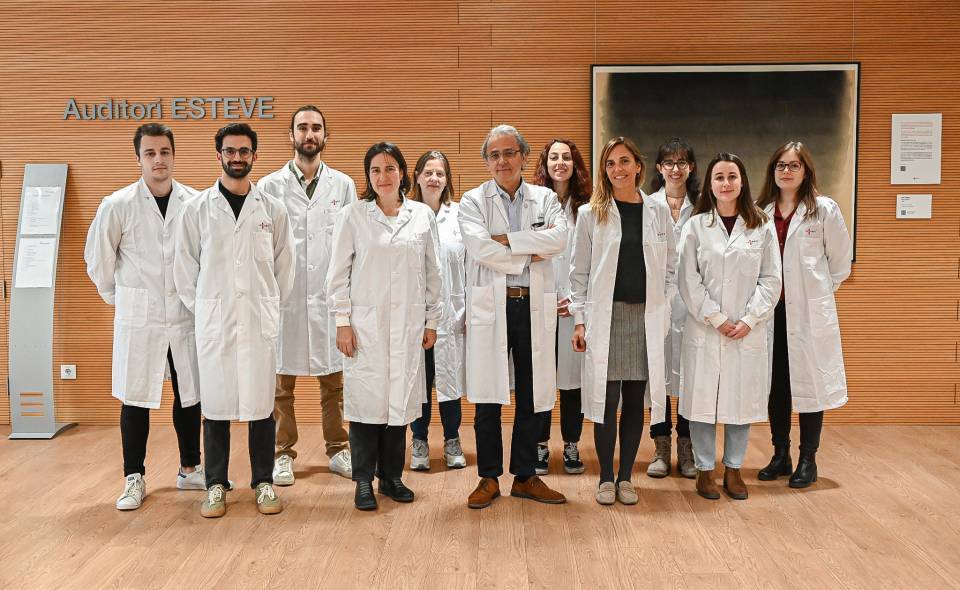Atrial fibrillation continues to be a significant cause of stroke and embolism in the population. Once diagnosed with atrial fibrillation by means of an electrocardiogram, patients begin to receive oral anticoagulation treatment to prevent stroke. However, a large number of episodes of atrial fibrillation go undiagnosed and, in many cases and as a result of the direct consequence of the lack of diagnosis, this arrhythmia only becomes visible after a cerebrovascular accident.
Now, an international study, with the participation of Dr. Lluis Mont and the Hospital Clínic Barcelona-IDIBAPS, and published in the New England Journal of Medicine, has assessed whether early initiation of anticoagulant treatment in patients with pacemakers and AICDs with atrial high-rate episodes could help prevent stroke and embolism.
Modern pacemakers and defibrillators provide automated algorithms that can alert to the onset of atrial high-rate episodes and record the episode and the duration. On the other hand, we know that the risk of stroke increases in patients with atrial high-rate episodes, and that a considerable proportion of these patients eventually develop atrial fibrillation over time. In these patients, atrial high-rate episodes can be considered an early sign of atrial fibrillation.
The prospective study, called NOAH-AFNET 6, has assessed whether oral anticoagulation with edoxaban is superior to prevent stroke, systemic embolism or cardiovascular death in these patients, compared to the placebo group.
Lack of efficacy
NOAH-AFNET 6 is a randomized study of 2,536 patients with pacemakers or defibrillators, with atrial high-rate episodes but without electrocardiogram (ECG)-diagnosed atrial fibrillation. The patients had to be over 65 years of age and have at least one other stroke risk factor. A total of 1,270 patients received the oral anticoagulant edoxaban.
The results showed the lack of efficacy of the oral anticoagulation and increased bleeding in the patients treated. Thus, this trial suggests that this type of treatment in patients with atrial high-rate episodes increases bleeding without reducing stroke, systemic embolism or cardiovascular death in the medium term.
The study shows a low stroke rate in patients with atrial high-rate episodes and without atrial fibrillation. Oral anticoagulation does not reduce the low stroke rate, and this contrasts with the beneficial effect it has in patients with atrial fibrillation. “These findings are highly significant, since atrial high-rate episodes are detected in up to 30% of patients with implanted devices. Therefore, many patients who were previously on anticoagulants will no longer be”, says Dr. Lluis Mont.
The study has served to corroborate current clinical recommendations to start oral anticoagulation in patients with atrial high-rate episodes only when they are also diagnosed with atrial fibrillation using an electrocardiogram. "In summary, this study answers one specific question, but it opens up many other questions that will remain unanswered until new studies appear that will allow us to better decide which patients with atrial arrhythmias really need anticoagulation and which do not”, concludes Dr. Mont.




